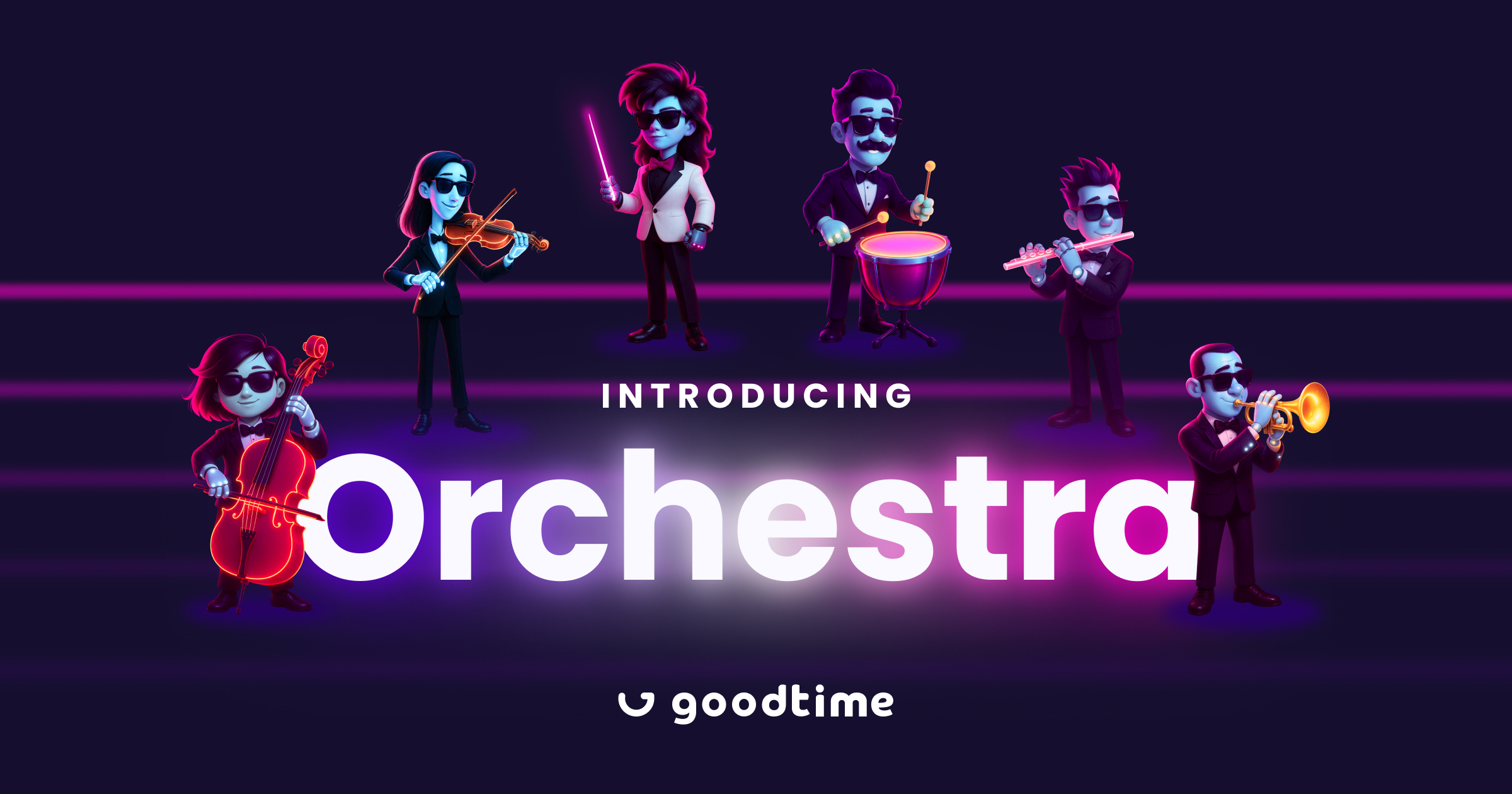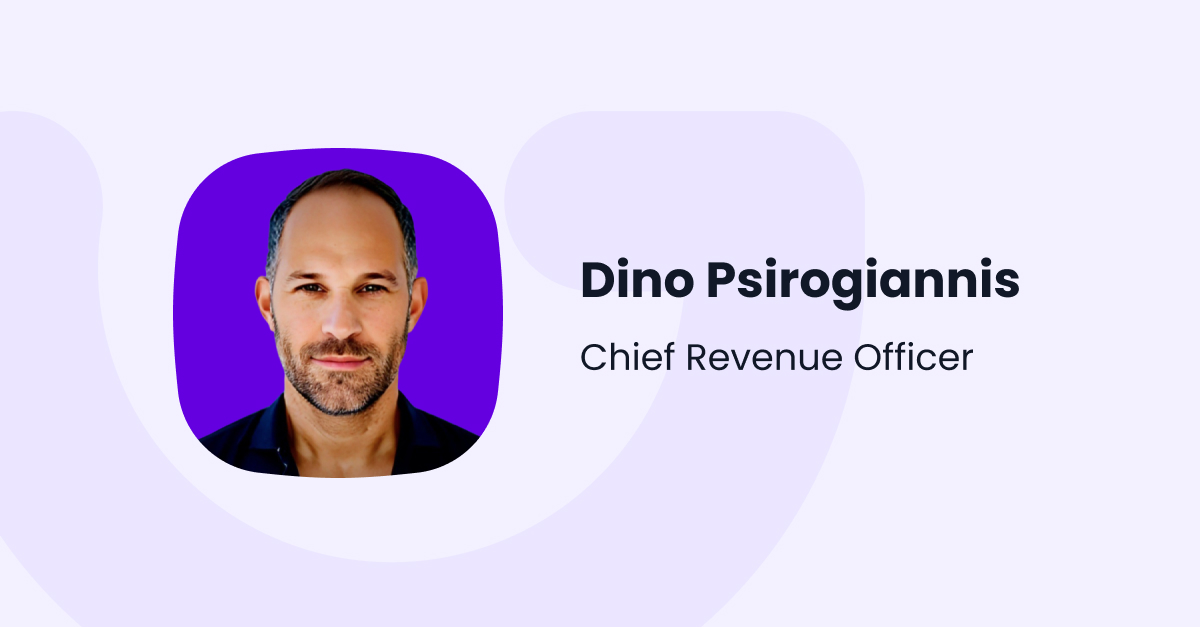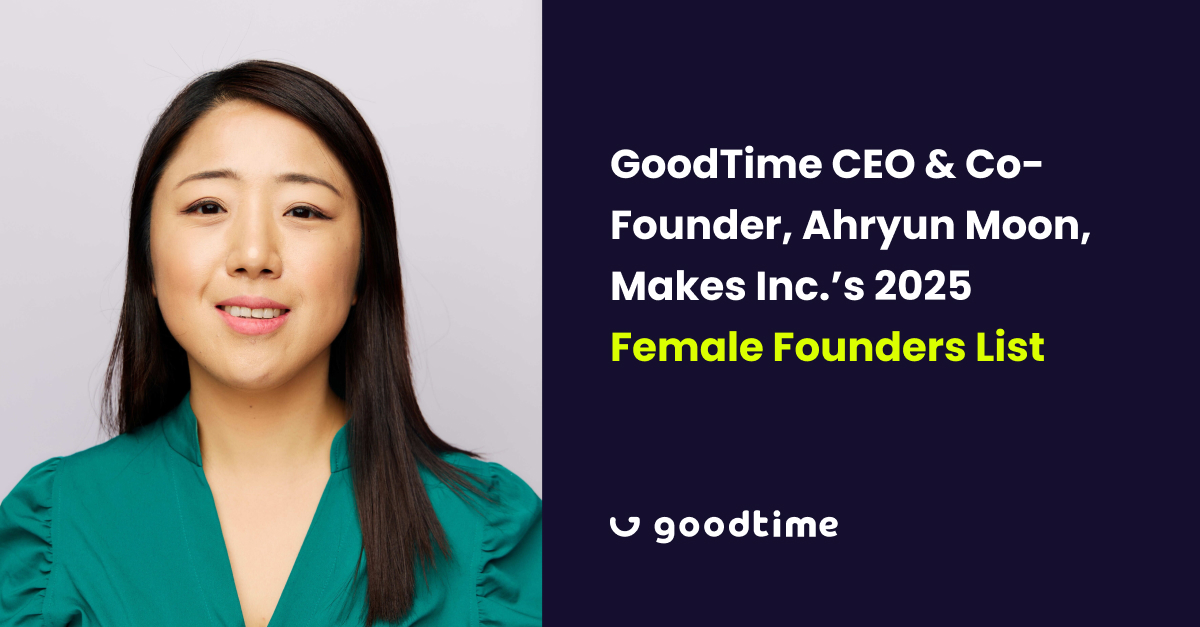“We want to replace Google Calendar, Microsoft, Calendly or any other software out there that’s utilized for meeting coordination,”
GoodTime co-founder Ahryun Moon
The original article can be found here.
In her time as a financial analyst for chip company Freescale Semiconductor, the tasks Ahryun Moon hated the most were the mundane things like inventory analysis, which took up most of her time.
In her frustration, she learned to code and automated this process for herself and her entire team. That, Moon said, ended up saving her team a month of time each quarter, and led her to a realization: Automating mundane tasks can make a world of difference in productivity.
Moon is the co-founder of goodtime.io, an enterprise software company that automates workplace processes. GoodTime’s two main products are Hire, its flagship software that schedules interviews with candidates from start to finish, and Meet, which automates scheduling meetings based on people’s jobs and availability. Since the company’s inception in 2016, it’s notched major clients like Zoom, Pinterest and Patreon. Now, she wants GoodTime to challenge calendar giants like Google and Microsoft for users’ attention.
Moon sat down with Protocol to talk about the power of automation, tips on how to make meetings more efficient and the pandemic being an accelerant for the company’s growth.
This interview has been edited for brevity and clarity.
Tell me about the beginning. What was the inspiration to start GoodTime?
I come from a financial background; I was a financial analyst. At one point, I felt like there was a pattern in the work that I did, and it dawned on me that I could probably automate the work that I was doing. I learned Python and I created a software that was able to automate a really large portion of my work. It was really eye-opening for me. Then everyone in the finance department actually adapted my software. It saved the entire finance team about a month of work per quarter, and we were able to bring financial results to the business division a month earlier every quarter.
After, I decided to really change my career into engineering. I [taught] myself how to code for three years, using free resources online. Then, just kind of for fun, [GoodTime’s] three founders — myself, Jasper [Sone] and Peter [Lee] — we decided to go to a bunch of hackathons together. We thought it would be nice to make some money on the weekends.
The last hackathon we went to was the Launch Hackathon, put on by Jason Calacanis. And we won. We had to go to the Coinbase office to get the [reward]. We had coffee [with a recruiter, who was in charge of giving us the reward] and she said in passing that she spends more than half of her day scheduling and rescheduling interviews and wasting a lot of time doing that instead of actually recruiting. And that kind of dawned on us: What if we can automate that part away?
So at the time, I just told the other two founders to quit their full-time jobs. Let’s just do this and see what happens. That’s how GoodTime was born.
I want to talk a little bit about your flagship product, Hire. How does it work?
Hire automates the entire coordination of the interviews. Whether it be extremely high volume, simple interviews, just one-on-one with the recruiter, or really complex interviews as well, like when a candidate for a final interview has to meet with eight different people from eight different departments. The recruiter or coordinator just has to click a couple of buttons, a candidate would get an email telling them to pick a time that works for them. Then their agenda is in there, interviewer profiles are there. Everything that they need, including Zoom links.
Using interviewer data — such as their training status, their location, their diversity and inclusion status and so on — we can pick the right interviewer to be in each interview, and match them with the right candidate.
I can imagine that your products are really remote-work friendly. How did the pandemic affect your business?
During 2020, things changed overnight. Everything went remote, and that’s when GoodTime became extremely valuable to our customers. Before then the last interview was always in person, because hiring managers didn’t feel comfortable hiring people that they’d never met. So when that went away, you still had thousands of interviews that were supposed to be in person.
Then in 2021, everyone was hiring like absolutely crazy. Automation became really, really important. Corporate America has really learned the lesson that you can’t just throw more people at the problem anymore. People leave all the time, churn is crazy. So digital transformation, automation technologies aren’t just lip service anymore. That’s the tailwind that we utilized in 2021, and we really grew rapidly.
 Ahryun Moon with co-founders Jasper Sone (middle) and Peter Lee at a hackathon in 2014 before they started goodtime.io.Photo: goodtime.io
Ahryun Moon with co-founders Jasper Sone (middle) and Peter Lee at a hackathon in 2014 before they started goodtime.io.Photo: goodtime.io
Things have changed a bit since 2021, though, specifically in these last couple of months. How have things changed for your clients in terms of hiring amid the downturn?
The last couple of months have been filled with uncertainty. It’s not like there’s a clear signal for a recession, there are no clear signals in terms of the job market, because typically a recession is accompanied by job loss and high unemployment rate, which is absolutely not the case. The job market is stronger than ever.
I don’t have a crystal ball, I don’t know exactly what’s going to happen in the future. And I think that’s how our customers feel. Which means they’re in a somewhat of a hunkering-down mode. But what we’ve heard from our customers is that they are actually doubling down on GoodTime and automation technology in general. They’ve learned the lesson from 2020 where it felt like the whole demand curve shifted overnight. But then, within about a quarter or two, we saw our usage spiking like crazy. So everyone is telling me that, based on their experience in 2020, within a quarter or two they’re going to have to hire like crazy again.
How has your company managed to snag major clients like Zoom, Box and Pinterest? What’s drawing them in?
I think it’s changed over time. So when companies were hiring like crazy, they really needed to automate the entire process so that they could get the candidates in the door faster. The market still is extremely competitive — there are 1.9 jobs per candidate — meaning those candidates get snatched up from the market really quickly, within just a couple of weeks. So our software with automation can really help them put their candidates through the entire interview process quickly and get to the offer stage very quickly. You want to be the first offer on the table, and the best.Recently another benefit that has actually come up quite a lot from our customers is actually payroll savings. So when they use GoodTime, a recruiting coordinator can actually double the output, meaning you don’t need to hire as many recruiters to do the same job.
So GoodTime’s other product, Meet, automates the process of scheduling meetings. Do you have any tips on making meetings more efficient?
The first pillar is automation, so that you don’t waste time trying to book that meeting that works for everyone. Relationship is the second pillar, meaning you want to have the right people in each and every meeting, people who can actually add value in that meeting.
The last one is insights and data on meetings. Typically, meetings fall into some kind of process, whether it be sales meetings or customer success meetings or job interviews and so on. You want to try to see a pattern across the entire process and see if you can improve the quality of each and every one that happens in that process, which means you need to measure the efficiency and effectiveness of those meetings and continue to improve upon them.
What do you hope the future of GoodTime looks like? What are your goals?
We’d love to see GoodTime getting bigger adoption. We want to replace Google Calendar, Microsoft, Calendly or any other software out there that’s utilized for meeting coordination. We do sit on top of Google Calendar and Microsoft Calendar, but what we want to steal from them is people’s attention.
We would love for GoodTime to be one of the heavy hitters in that market. The number of meetings on everyone’s calendars is growing — everyone is meeting more than ever. So I would love to see the meetings market getting a lot more attention. Calendars are one of the last spaces that haven’t really been transformed yet in the corporate world.
Nat Rubio-Licht is a Los Angeles-based news writer at Protocol. They graduated from Syracuse University with a degree in newspaper and online journalism in May 2020. Prior to joining the team, they worked at the Los Angeles Business Journal as a technology and aerospace reporter.


